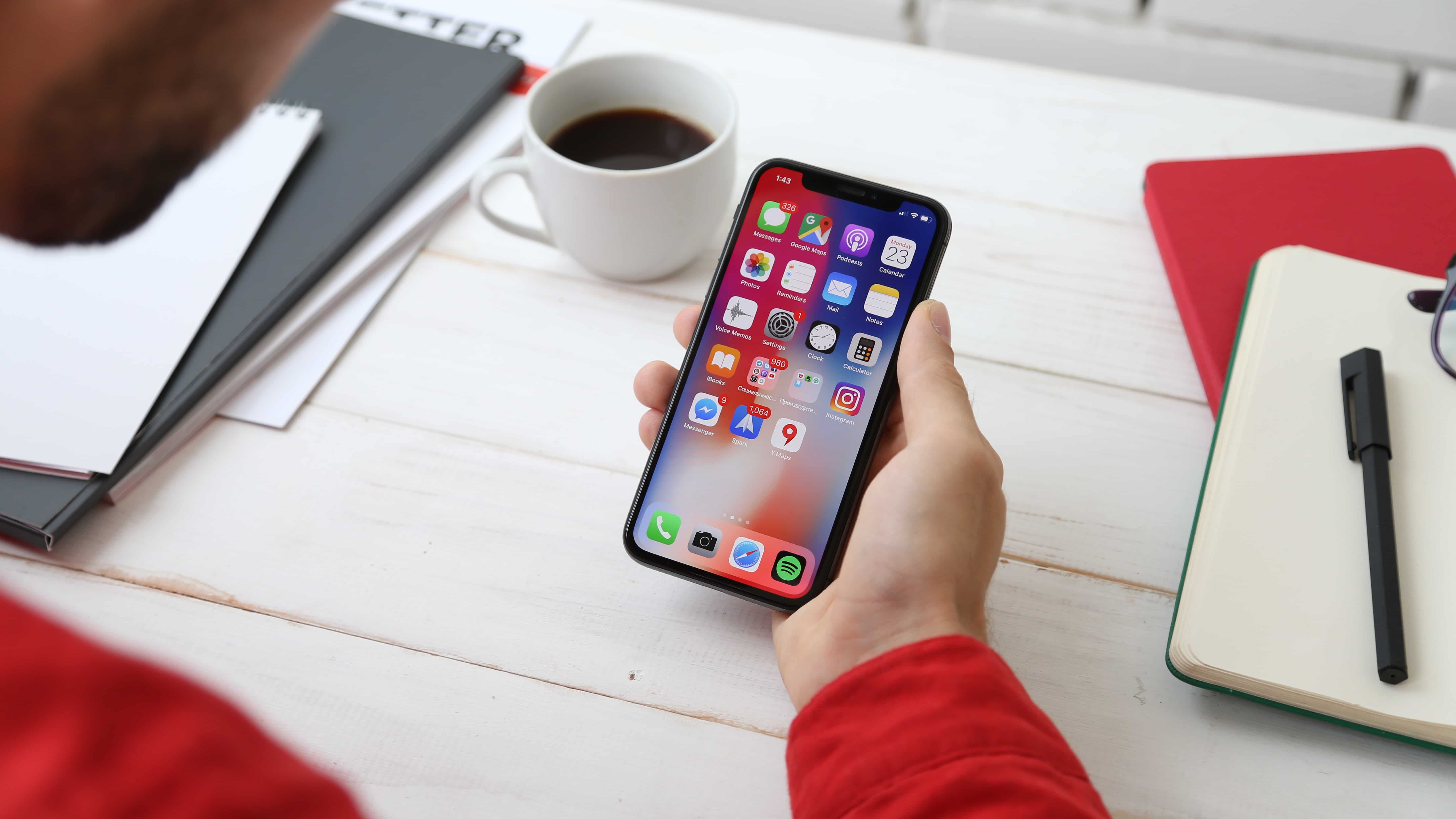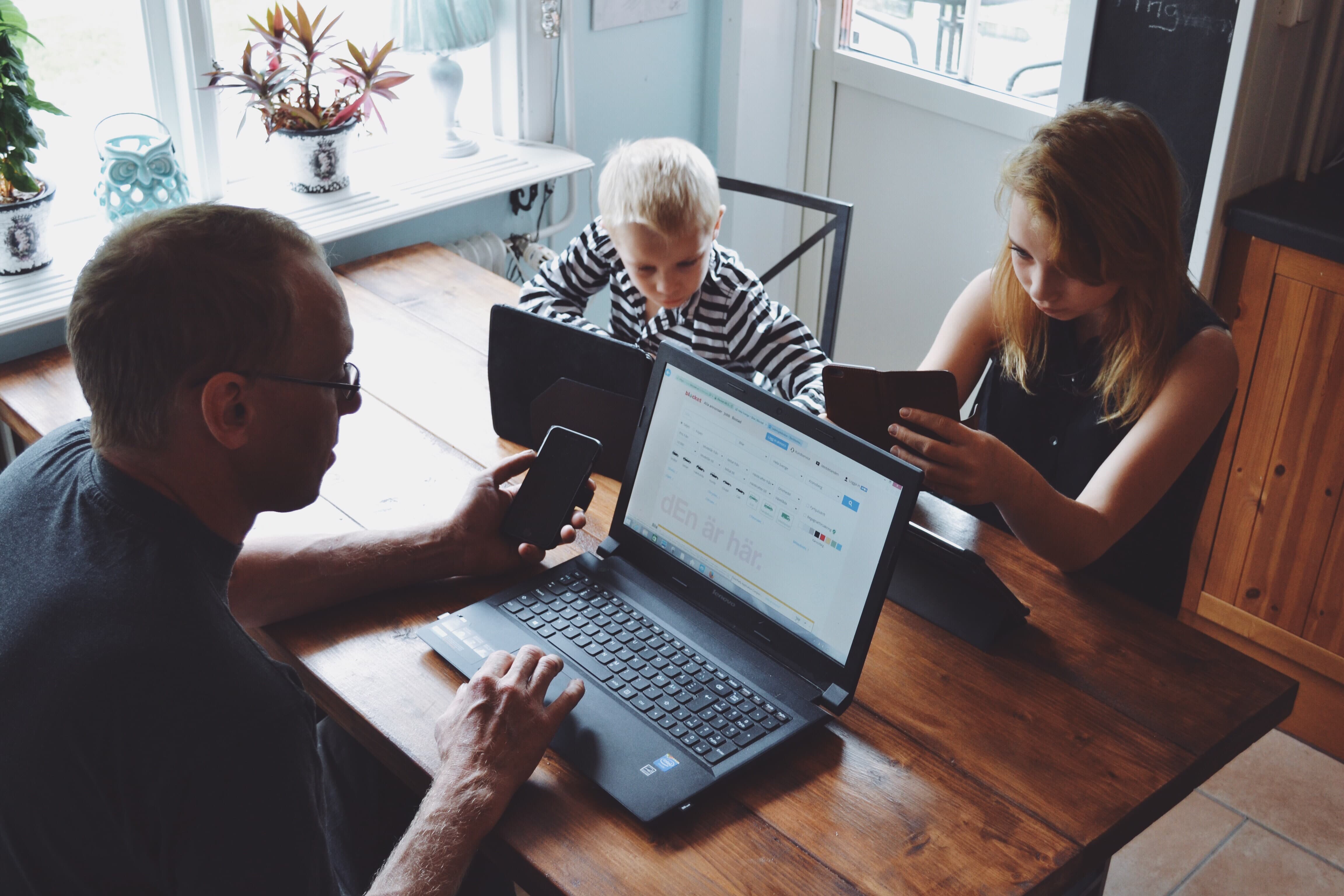The covid pandemic has thrown us all into a period of financial uncertainty which can cause financial habits to go out the window. For some, that means falling into a pattern of emotional spending. And with the recent reopening of shops, pubs and restaurants comes even more opportunity to splash the cash.
If your spending habits are healthy and you’re living within your means, this can be a great way to blow off steam. But if your retail therapy is often triggered by emotions (like boredom, jealousy or stress) and it’s leaving you in money troubles or causing mental health issues, it’s time to take back control.
Let’s find out how much of an emotional spender you are
- Do you often buy things only to return them?
- How often do you dip into your savings or overdraft to buy non-essentials?
- Do you get a rush from the sound of the doorbell?
- Do you hide purchases from your partner or other people you live with?
- Are there piles of unworn clothes and unopened packages in your room?
If you answered yes to any (or all) of those, here’s the good news – you’re not alone. This survey found that 77% of people are prone to emotionally spending in some way, but there are ways to be more mindful. We’ve rounded up some tried and tested tactics to help you curb your emotional spending for good.
Eliminate temptation
First things first: get rid of anything that might create unnecessary temptation.
If you have your card details saved on shopping websites, remove these to add an extra layer of friction that’ll make you think twice about making that purchase. If your way home from work involves walking past your favourite shop, try mixing up your route. Do you frequently resort to the ‘buy now pay later’ option when shopping online? This is a form of debt, so using this to fund non-essential purchases isn’t always sensible. If you find yourself reaching for your credit card too often, try only taking cash when you leave the house. That way, you can only spend what you have on you.
And try to minimise the time you spend on social media. Advertisers and brands are trained to target our emotions when selling us stuff. Limiting the number of adverts you see and unfollowing or muting the brands you buy from regularly should help.
Avoid impulse buys
When you’ve set your mind (and money) on something, it can be really difficult to drag yourself away. That’s why it’s a good idea to have some tricks up your sleeve. You could set yourself a time period to think things over if you’re spending more than £25, for example. Or you could calculate how many hours it would take you to earn the cost of your purchase in order to deter you.
It might help to unsubscribe from any email newsletters from brands you love. We know how hard it can be to prise yourself away from a good sale – but if you don’t even know the sale is happening, you won’t be so easily sucked in.
Another option is to download the Icebox Chrome extension. It helps you to prevent impulse purchases by replacing the ‘Buy’ button with ‘Put it on ice’. You then won’t be able to buy the item until the cooling period is over.
At Claro, we’ve created our own smart spending extension which calculates how many hours you’d have to work to pay for the items in your online shopping basket. It’s a great way to manage your spending and align it with your budget – download it for free here!
Create a budget
If you don’t already have one, a budget is a great way to prevent emotional spending. Our report, in partnership with Mental Health UK and The Money Charity, found that making a financial plan can have a considerable positive impact on your financial and mental wellbeing.
By allocating money to different spending categories, you won’t be able to buy things that aren’t already on your ‘list’. If you decide you really want something, you can free up money from another area. For example, swap public transport for walking to pay for your new purchase.
Don’t forget to add a ‘treat’ category into your budget – cutting out all the little things you enjoy isn’t realistic, so (if money allows) you could allocate a pot of money towards treating yourself occasionally. This way, you’ll feel like you’ve earnt it.
Join over 5,000 people using Claro’s free budget planner to create a spending plan from scratch now.
Channel your energy elsewhere
When our spending is triggered by emotions, we’re essentially buying things we think will make us feel better. Except this ‘feel good’ feeling is often short-lived. Why not see if there’s anything else you can channel your energy into that gives you the dopamine hit you’re craving?
If it’s when you’re socialising you tend to overspend, you could visit a free exhibition, join a book club or start your own yoga club, for example. If it’s a need for stress relief, try to redirect your emotions into a healthier outlet, like boxing or gardening. Exercise is proven to boost your happiness, which could result in you spending less.
Get to know your triggers
There are only so many plasters you can put on a grazed knee, so to speak. So while these tips might help you cut back on emotional spending, it’s always best to go back to the root of the problem. Whether it’s a bad break-up or a lockdown rut that have got you into this situation. Treating the cause rather than the symptom is a sure-fire way to get your spending under control for good.
Financial Planner Natasha Knox believes that “most spending has an emotional component to it”. Once you know which emotions tend to override your logic when it comes to money, you can start to confront these. You’ll be more likely to avoid situations in which these emotions usually arise. Plus, you’ll take the time to consider your purchases when you’re in this frame of mind.
Tags: Spending less











